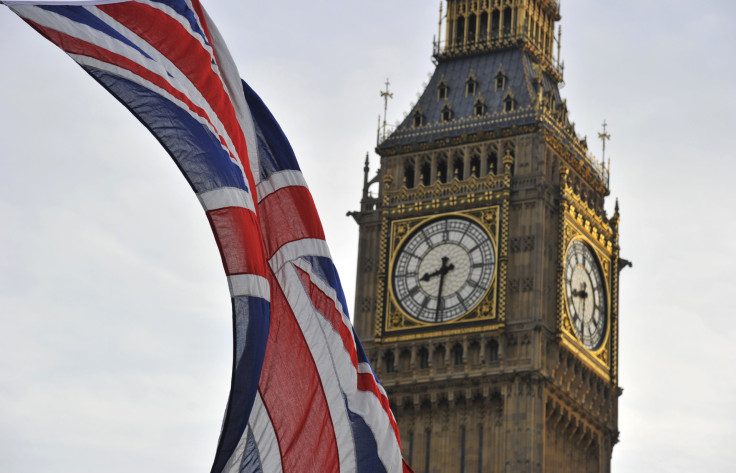With British GDP Up, Austerity And Olympics Both Vie For Credit

Aided by a boost from Olympic-related economic activity -- and, governing leaders claimed, the country's ongoing austerity program -- the British economy grew at a faster pace than most economists had expected in the just-ended quarter, the UK’s Office of National Statistics said on Thursday.
According to preliminary data from the government agency, economic output rose by 1 percent in the July-September period, with growth from Olympic ticket sales and associated activity adding 0.2 percent to that total.
Economists surveyed by Bloomberg News had expected a rise of 0.6 percent.
The data release came as a positive surprise that is at odds with slowing industrial output in Europe and China and was being used by UK government officials to suggest the double-dip recession in the country was over and a recovery would be forthcoming.
“The good news will keep coming,” David Cameron, the British prime minister, told Parliament Wednesday, prior to the official release of the statistics. The head of government is given a 24-hour advance look at the numbers, so his comments were widely interpreted to mean GDP numbers would beat expectations.
"There is still much to do, but these [growth figures] show we are on the right track and our economy is healing," Cameron tweeted after the release.
Not everyone was interpreting the release as unabashedly positive.
Noting the extraordinary bump from the Olympics had likely added more than the 0.2 percent to GDP growth the government was taking into account, Caroline Newhouse, a Paris-based economist at BNP Paribas, said in a note to clients that “the question remains what the underlying growth rate of the economy is when the one-off Olympics (which probably added around 0.5pp to GDP growth) and Bank Holiday effects (in comparison to Q2, Q3 had one more working day) are stripped out.”
“Given that UK economic prospects remain clouded by the overseas outlook and especially the euro zone crisis, the economy still stresses a long way to recovery,” Newhouse added.
Victoria Redwood, a chief UK economist for London-based Capital Economics, went even further, noting that “there are still a number of constraints on the recovery. Indeed, the business surveys have been painting a slightly gloomier picture, suggesting that underlying output is still stagnating or even falling slightly.”
© Copyright IBTimes 2024. All rights reserved.





















